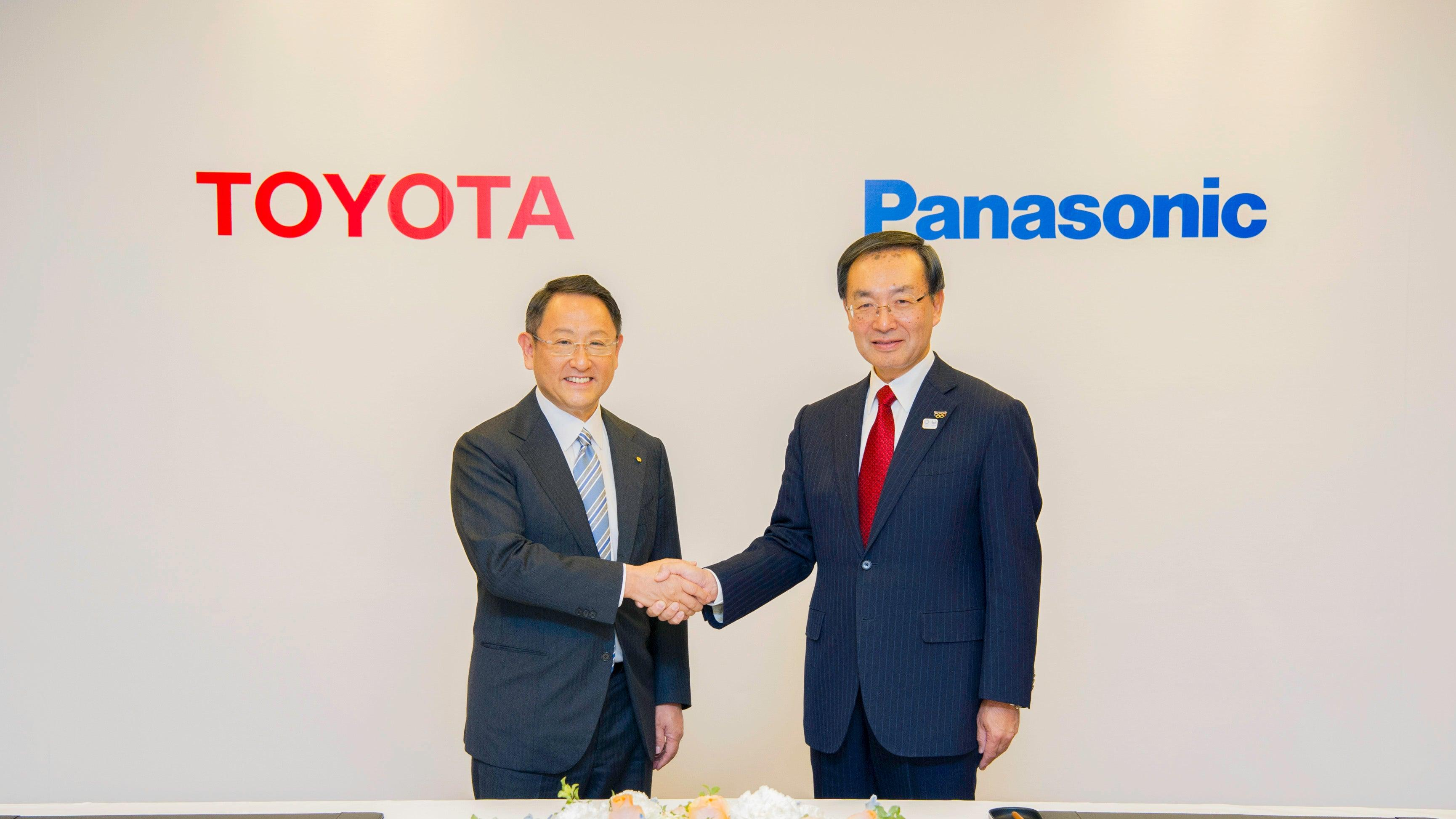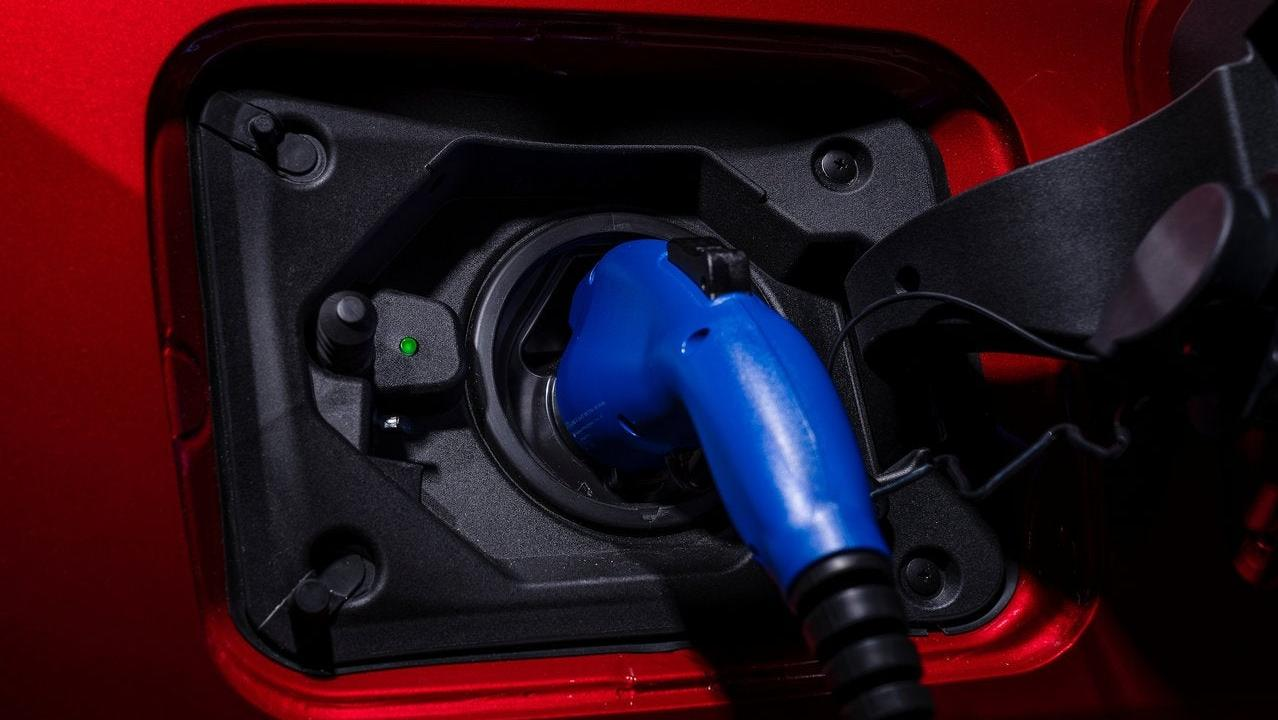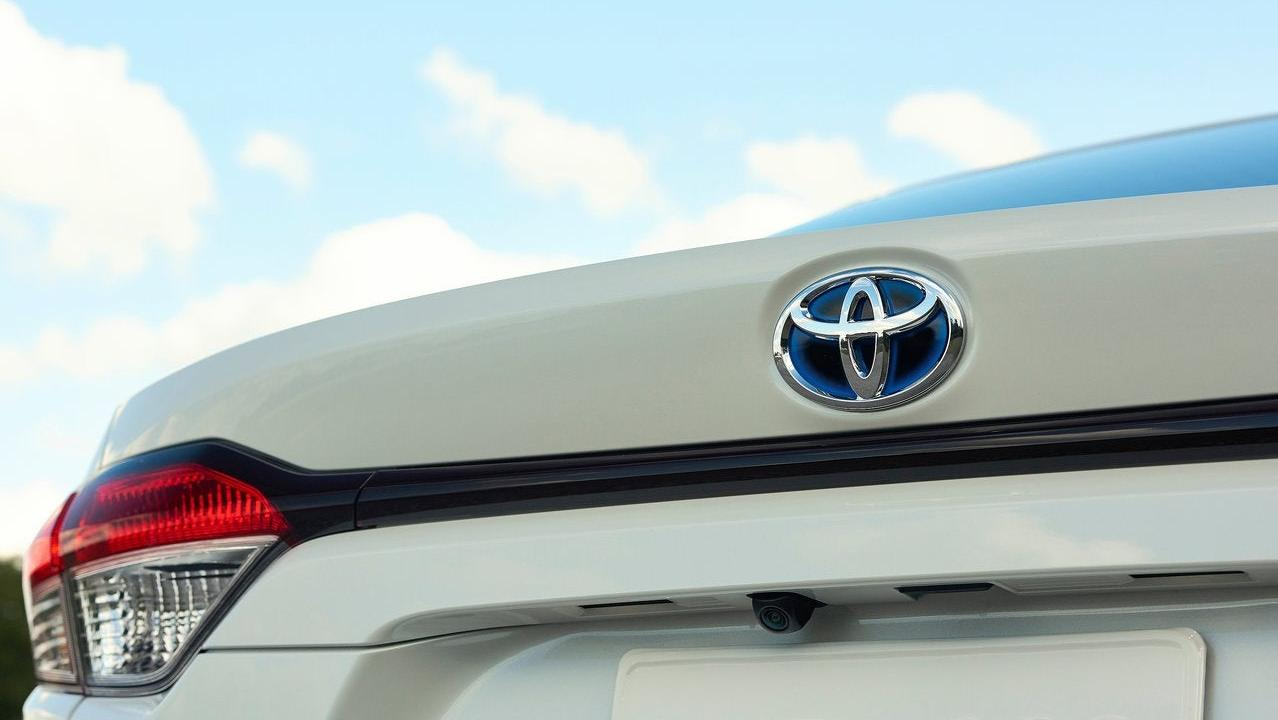Toyota And Panasonic Are Making More Batteries And Taking On China And South Korea In The Process
The two companies and their subsidiary will compete on a bigger scale than ever before
Toyota and Panasonic are stepping up production of EV batteries and have thereby knowingly entered a global competition. The two want to make the best of their investments into the battery sector through a new joint venture, Prime Planet Energy & Solutions, now that the sector is really taking off.
Prime Planet is not just competing with other battery makers, like LG Chem and Contemporary Amperex, but it's also reportedly competing with the actual countries behind these corporations. A report last week from Bloomberg is framing it like a showdown between corporations and nation-states. I know that might sound just a little exaggerated, but it's not that big of a stretch.
South Korea is planning to invest over $35 billion in the next decade to boost its battery-production, according to the report. Meanwhile, Spain and Volkswagen announced a third plant for battery production in the country. And in the U.S., the Biden administration is making noise about investing in EVs. Not to mention China, who seems to be ahead of many other countries after its own investments in material processing.
Prime Planet seems to think that applying Toyota's production chops will make it competitive with these countries and their companies.

Toyota, who owns the majority stake in Prime Planet, put one of its former executives in charge and recently tasked him with lowering its materials cost, according to the report. If the former Toyota boss, Hiroaki Koda, can lower the cost of materials, it's a big deal because materials are 60 percent of the expense.
The remaining cost percentage comes from production and development, as Bloomberg details:
Materials alone make up 60% of the cost of an EV battery and about half of that comes from resources like lithium and cobalt. Finding ways to reduce those expenses is proving increasingly important as surging demand for electric vehicles sends raw materials prices soaring.
The other half of the puzzle is bringing down the remaining 40% of costs, which are related to development, production and facility-investment. There, Prime Planet is working to increase efficiency by standardizing the chemicals in its cells based on the common needs of its automaker customers.
Those cost-cutting measures are going to be necessary for Prime Planet and its parent companies to meet ambitious goals and stay afloat in the sector. Right now, Prime Planet holds 25 percent of the market share for hybrid batteries.
This could have to do with the success of Toyota's hybrids, but the carmaker says it wants to increase EV production dramatically in the next decade:
Toyota, Prime Planet's parent company, is also stepping up plans to electrify its fleet. The world's biggest automaker plans to nearly quadruple sales of electrified vehicles to 8 million units in 2030, meaning it will need to multiply current battery capacity by 30 times. Prime Planet also has other customers that make up over half its sales.
That number counts both EVs and PHEVs.

By the end of the next decade, the battery market will be worth $352 billion according to Bloomberg. So, it's no surprise that everyone is vying for a spot in it.
Toyota and Panasonic — by some extension, Japan — may have the experience to claim a stake in the market, but even if their company, Prime Planet, ends up being just a bit player and is caught in China or South Korea's wake, there was one bit of sage wisdom from Koda that makes me excited for the next few years.
"It's a competitive world," he said. "There's a certain price level necessary for EVs to spread. If we don't meet that, we won't sell."
Preach, Koda. Preach.
